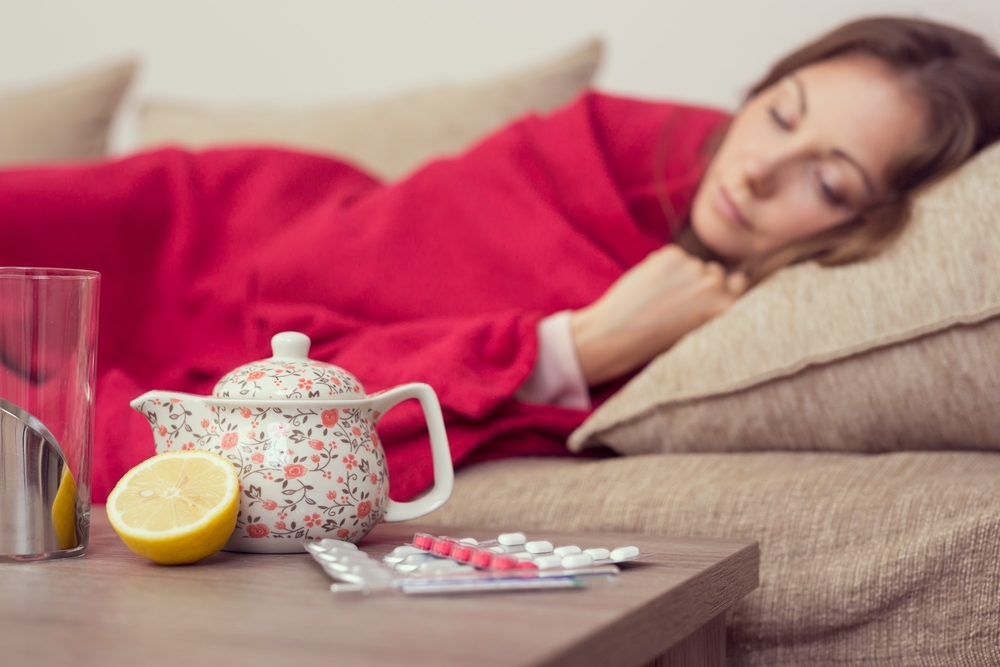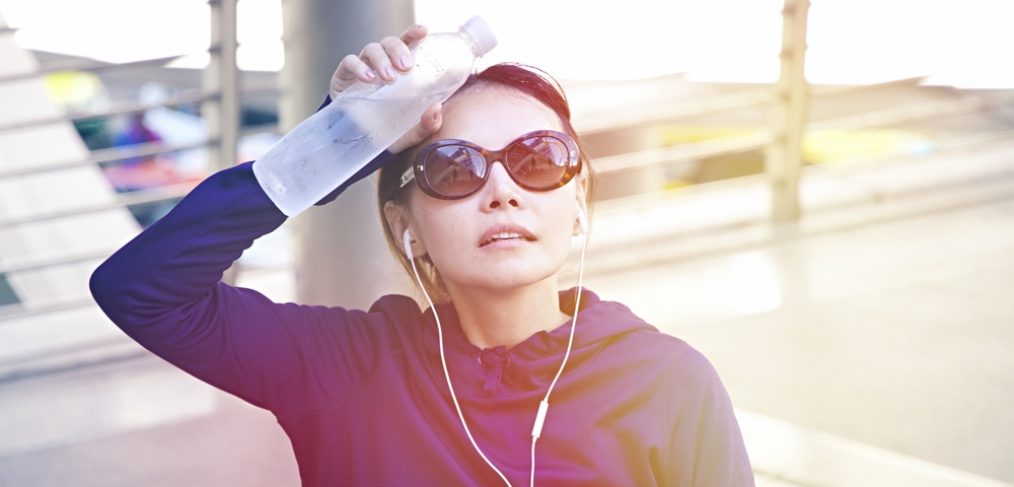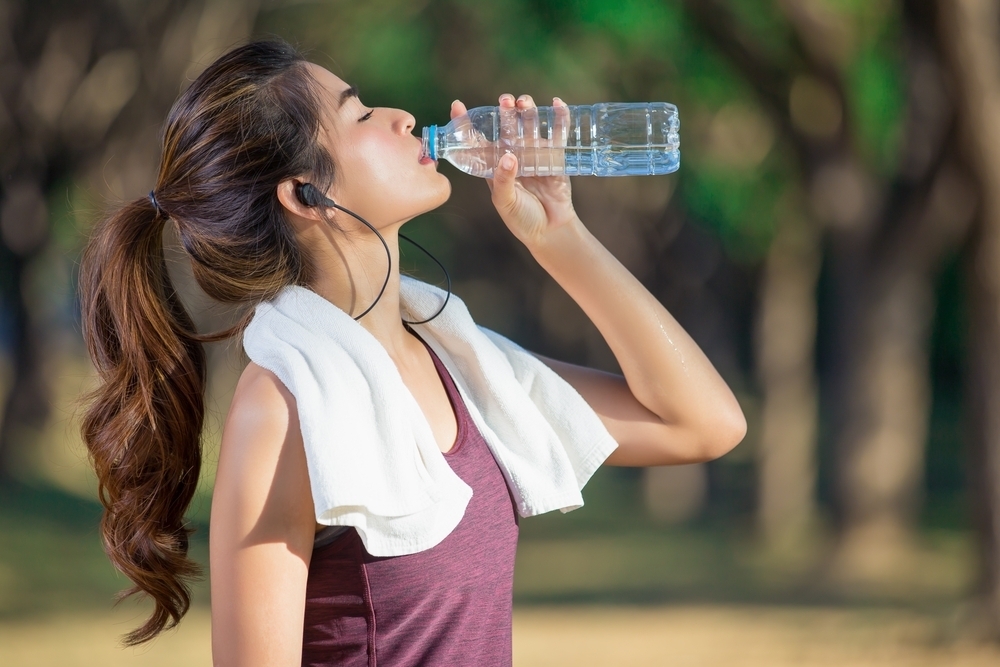Human warmth. Is it over rated? Have you ever found yourself criticized for being “cold?’ Maybe you didn’t always hold hands with your boyfriend, didn’t like to share food, weren’t much of a hugger. Maybe you were just misread.
Although contact is often signed of human warmth, it is also one of the easiest ways to spread germs. So maybe your best friend doesn’t really have issues with affection, maybe she’s just being smart. Here is some doctor recommend rules for avoiding germs (and contact.)
What are Germs?
Germs are those little microscopic organisms that live all around us, most of which are not harmful, but some of which can cause infectious disease. Even though we have vaccines and medicines to cure these diseases, some of the germs seemed to have outsmarted the medical community. When this happens, we often have to take things into our own hands. That means avoiding these germs before they can get to us.
Germs’ favorite hangouts include dirt, countertops, water, our skin, and our intestines. Some can survive on their own, and others like to take up residence inside people or animals. The thing about germs is, when they find a good place, they generally stay a while.
How Germs Spread?
Getting a disease involves contact with a germ. From there, it gets into your body and does its thing. Even though our bodies are good at fighting infections, sometimes the germ fights harder. Here are some ways you may get exposed.
- Touch
Some germs live in mucus, stool, and pus. That means that drops released when people cough sneeze or talk can carry germs. If you touch a contaminated object or surface and then touch an opening in the body, germs can transfer. - Eating and Drinking
Germs are often found in untreated water and food. Unwashed vegetables and fruits uncooked foods can all carry disease-causing germs. - Breathing
Although it is not suggested you stop doing this, germs can spread in the air. Coughing, sneezing, and talking can all release germs, which can cause illness when exhaled. - Animal Bites
Animals can also spread infectious disease. Bites from animals, pets, and even insects can cause illness, even if the animal does not appear sick.

Diseases can also be spread during pregnancy, from mother to child, by sharing needles, through sexual contact or through blood transfusion.
Healthy Habits
- Food Safety. Wash utensils, hands and surfaces when preparing food. Wash all fruits and vegetables. Keep and cook foods at proper temperatures and keep perishable foods refrigerated.
- Wash Hands.
- Clean Commonly Used Surface Areas.Although soap and water are usually enough to kill germs on hands, bathrooms and kitchens should be disinfected regularly. Other household areas should be disinfected if someone in the household is ill.
- Sneeze and Cough into your Sleeve.
- Don’t Share Personal Things. Sharing personal items that can’t be disinfected is always a bad idea. Toothbrushes, towels, razors should never be shared. Needles should be used once and discarded immediately after.
- Get Vaccinated. Vaccines should be gotten regularly in childhood. Some are also recommended for adults, and in special situations like travel and pregnancy.
- Avoid Touching Animals. You and your pets should avoid contact with wild animals which may cause germs. Consult a doctor if you are bitten, and make sure all pet vaccinations are updated.
- Stay home when sick.
What are you doing to avoid contact? Are fist pumps and handshakes soon to be a thing of the past? Let us know what you think!






